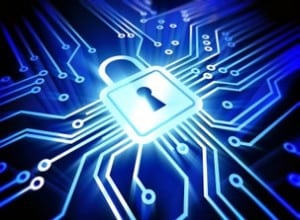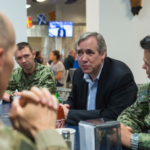
President Obama last week instructed the intelligence community (IC) to conduct a full review of the pattern of malicious cyber activity related to the U.S. presidential election cycle while Congress is moving toward investigations into the 2016 Russian hacking around the elections.White House Principal Deputy Press Secretary Eric Schultz announced on Dec. 9 that Obama requested the report, set to be delivered to him before he leaves office on Jan. 20, will examine “this pattern of malicious cyber activity timed…

 By
By 











